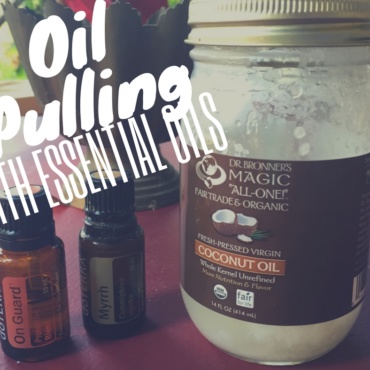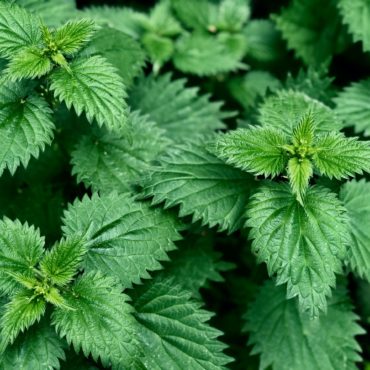This is part three of our three-part series about safety with essential oils. If you didn’t read the first one please go back and read the first part that addresses what makes an essential oil safe to use.
3. Can you take essential oils with medications?
You sure can!
Here’s the thing though… oils and medications work in very different ways.
Just as we talked about in part one, essential oils are supplements. They help your body do what it is naturally designed to do. Essential oils, when used properly, can assist the body in returning to homeostasis (balance).
For instance, if you have issues with blood sugar, they have been shown to assist in the reduction of those levels, or to help the body assimilate the glucose levels, as necessary.
Does that make sense?
Medications, on the other hand, are designed to adjust the body’s reactions by, many times, synthetically altering the response.
Think of beta blockers. They help your body stay calm by stopping the production of adrenaline. Blood thinners stop your blood from thickening, allowing it to easily flow through blood vessels.
Medications are necessary in some cases, absolutely, but because they are not working with your body they don’t stop doing what they are made to do when your body starts to heal.
Why does this matter?
Because if you are taking a medication to lower your blood pressure, and then use oils to also lower your blood pressure, there needs to be the understanding that medications don’t have the ability to detect the presence of essential oils.
This is generally not a problem, but you should consult your doctor to make sure that there aren’t any adverse interactions. Always be diligent about testing your blood pressure or sugar levels or any other issues you are trying to correct when using either medications and essential oils.
Most importantly, let your doctor know what you are doing so they can work with you too. Many doctors don’t currently have a lot of experience or knowledge regarding essential oils, although that is slowly changing, so keep that in mind.
If your doctor is hesitant, don’t give up!
Refer him or her to any of the scientific, peer-reviewed studies that abound on the internet, but persist in your efforts to get off medications.
Many people have had positive results with the use of essentials oils in their efforts to reduce their dependency on prescribed or OTC medications, so it can be done.
Just go slowly and never stop taking prescribed medications cold turkey.
The good news is that with a little bit of time and discipline many people have been able to reduce, or even eliminate their dependency on traditional medications and use essential oils and herbal supplements instead.

Below are some interactions of which you should be aware. This list is not meant to frighten you, only to provide information and help you to be aware. If you have concerns about any of the oils in this list, there is usually a substitute oil that you can use.
We are always here to help too! Send us a message or leave a comment. We’d love to hear from you!
Anesthesia
Avoid rosemary and eucalyptus (both topically and via
inhalation) for at least a week prior to any surgeries to prevent complications.
Barbiturates
Wintergreen and Birch induce rapid metabolism of these drugs and should be avoided.
Those on anticoagulant drugs, asthmatics, or those with aspirin allergies should not use wintergreen and birch.
Wintergreen and Birch should not be used for people dealing with Renal or liver disease, compromised immune systems, known chemical sensitivities, or those taking multiples of those medications.
High blood pressure
Avoid rosemary and thyme.
Epilepsy
Avoid the use of basil, rosemary, birch and wintergreen oils.
Grapefruit
Medications that say not to use grapefruit does not apply to cold pressed grapefruit oils, as they are produced from the rind of the fruit.
The above come from a book written by Dr. Deborah McFarland, D.C., DiplMedAc Page 3
Want more scientific evidence on essential oil safety?
Check out this whole section on Safety and Application
I give you permission to use Essential oils with Medications!
Don’t be afraid of essential oils. Don’t be afraid to use essential oils with your medications, but do so with caution.
Here’s the thing: if you can reduce or eliminate the need for a prescribed or OTC medication and replace it with a natural product, the benefit to the body will be significant!
We’ve all heard those long lists of side effects that are ridiculous. Essential oils are powerful and very effective and the body knows intrinsically how to use them, because as a part of nature, it easily communicates with them.
I give you permission to use them! I give you permission to go a little heavy on them! I give you permission to use them with your medications!
Be empowered and share with others that there are better, more effective, and less expensive options than some traditional medications.
***I am not a medical doctor. Please always work with your medical support team to find what works best for your body***

Want more information on better living dropped right into your inbox? Sign up below and we’ll send it your way.
[activecampaign form=25]






Add Comment